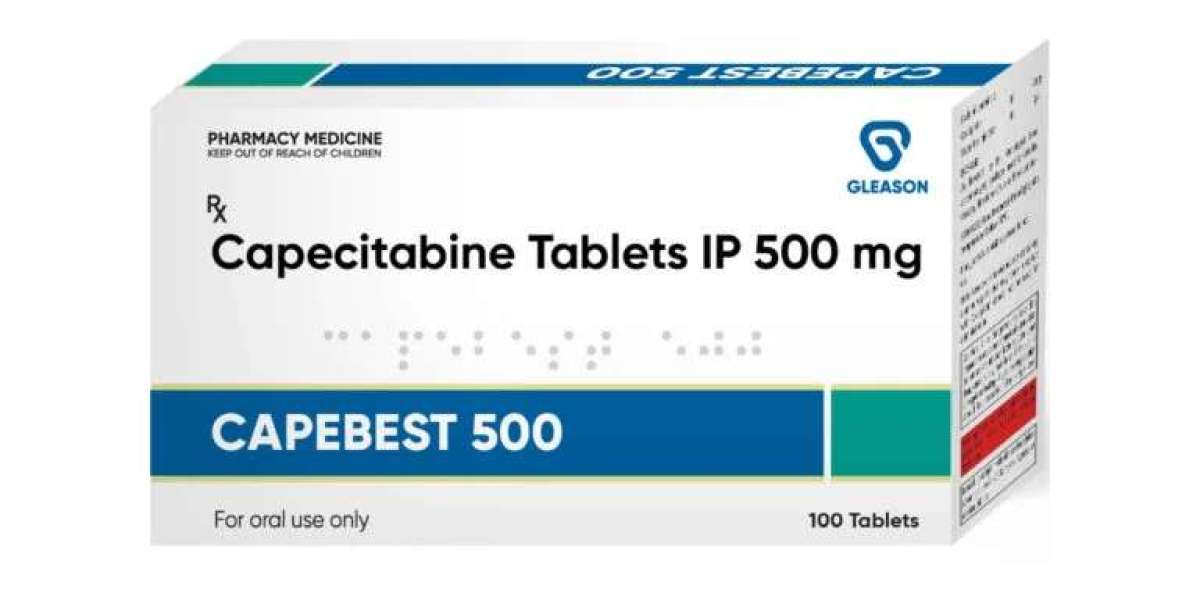Herb Making a Modern Comeback
Fennel, an herb with a rich history, is experiencing a remarkable resurgence in the modern wellness and culinary worlds. This ancient plant, often overlooked in favor of trendier herbs, offers a treasure trove of health benefits, from aiding digestion to enhancing beauty. Once reserved for ancient civilizations, fennel is now finding its place in contemporary diets and holistic health practices.
The Rich History of Fennel: From Ancient Medicine to Modern Health Trends
Fennel (Foeniculum vulgare) has been used for thousands of years in both cooking and traditional medicine. Its origins can be traced back to the Mediterranean region, where it was highly valued by ancient Egyptians, Greeks, and Romans. Historically, fennel was used as a remedy for a variety of ailments, from digestive issues to improving eyesight. Its unique combination of nutrients and compounds made it a staple in natural healing practices.
The Nutritional Powerhouse: Why Fennel Should Be in Your Diet
Fennel is not only a flavorful addition to your kitchen but also a nutritional powerhouse. Packed with vitamins, minerals, and antioxidants, fennel provides a wealth of health benefits.
Rich in Antioxidants and Vitamins
Fennel contains a wide variety of antioxidants, including vitamin C, which helps combat free radicals in the body, reducing oxidative stress. It is also rich in vitamins like vitamin A, essential for healthy skin and vision, and B-vitamins, which play a key role in energy production and brain health.
Aids Digestion and Reduces Bloating
One of fennel’s most renowned benefits is its ability to support digestive health. The herb contains compounds like anethole, which help relax muscles in the gastrointestinal system, reducing bloating and gas. It’s commonly used in teas and supplements to alleviate digestive discomfort.
Supports Heart Health
Fennel is high in potassium, a mineral that plays a vital role in maintaining healthy blood pressure. This makes fennel a heart-friendly addition to your diet. The fiber content in fennel also supports heart health by helping to reduce cholesterol levels.
Fennel in Modern Wellness: How to Incorporate It into Your Routine
Incorporating fennel into your daily life doesn’t have to be difficult. From food to skincare, this herb can be used in various ways to enhance your health and beauty.
Fennel Tea: A Calming and Digestive Aid
One of the simplest ways to enjoy fennel’s benefits is through fennel tea. It’s easy to prepare by steeping fennel seeds in hot water for several minutes. Drinking fennel tea after meals can help with digestion and provide a calming effect on the body.
Fennel in Cooking: Flavor and Health Benefits Combined
Fennel’s mild anise flavor makes it a versatile ingredient in both savory and sweet dishes. Use fennel bulbs in salads, soups, or roasted vegetables, or sprinkle fennel seeds on your favorite dishes. It pairs wonderfully with citrus fruits, fish, and Mediterranean flavors.
Fennel for Skincare: Harnessing the Herb’s Antioxidant Properties
Fennel's antioxidant-rich nature makes it an excellent addition to skincare routines. Fennel extracts are used in serums and creams to promote youthful skin, reduce puffiness, and fight signs of aging. You can even create your own DIY fennel-infused facial toner at home!
Conclusion:
Fennel is much more than just a flavorful herb—it's a treasure trove of health benefits that has stood the test of time. Whether you're looking to improve digestion, support heart health, or elevate your beauty routine, fennel offers a natural solution. As wellness enthusiasts continue to rediscover the power of ancient remedies, fennel is firmly regaining its place as a staple in modern health practices.







